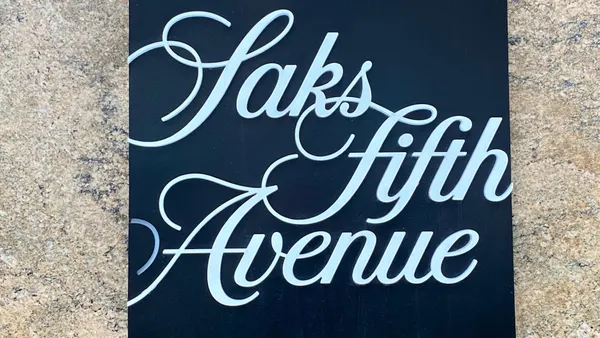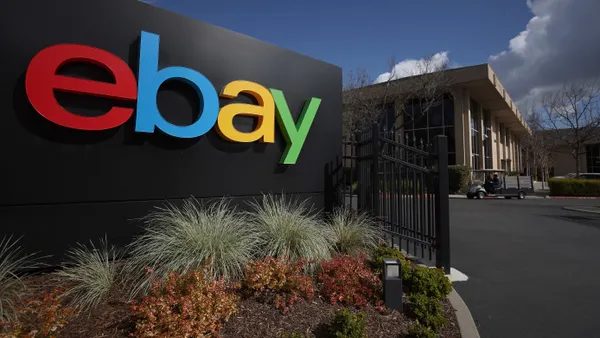Dive Brief:
-
Over three fourths (79%) of customers surveyed by BRP said the ability to get personalized service from a store associate is a significant factor in helping them decide where to shop, but just 53% of retailers surveyed described personalization as a top priority for them this year, according to a BRP report.
-
Being able to identify customers can help enable more personalized service, and 64% of consumers surveyed said they are comfortable with retailers identifying them via their mobile phones while they are in stores, provided that it translates to a personalized experience.
-
However, 63% of retailers surveyed said they were not able to identify their customers before they checked out, and 20% said they either were not able to identify them until after checkout, or not able to identify them at all, the report stated.
Dive Insight:
There has been some disconnect over the years between shoppers' desire for more personalized experiences and their willingness to share the personal data that would enable retailers to create such experiences. For example, a Retail Dive Consumer Survey in 2017 found that just 43% of consumers surveyed were willing to share personal information with their favorite retailers.
BRP's report indicated some consumers might be getting more comfortable with that notion, or at least with the prospect of a retailer identifying them via mobile phone when they step inside a store. BRP, in its own assessment of the survey results, suggested that many consumers have the same expectations when they walk into physical stores as they do when they shop online. That means they expect personalized recommendations refined by the fact that the retailer has data on who they are, their shopping history and patterns.
Shoppers are also coming to expect personalized rewards through loyalty programs, according to the report. Well over half (68%) of consumers surveyed by BRP said they are likely to shop at stores that offer personalized rewards based on customer loyalty. However, only 48% of retailer respondents said they offer such rewards, although another 30% said they plan to offer them within two years.
While the survey results point toward greater interest in personalization among customers, they also suggest retailers are not well positioned to deliver personalized service. Store associates can be conduits to enabling personalized experiences, but if they don't have the capabilities to identify customers before they check out those rewards can't be offered. If retailers don't see personalization as a priority they could face challenges in meeting customers' wants.











